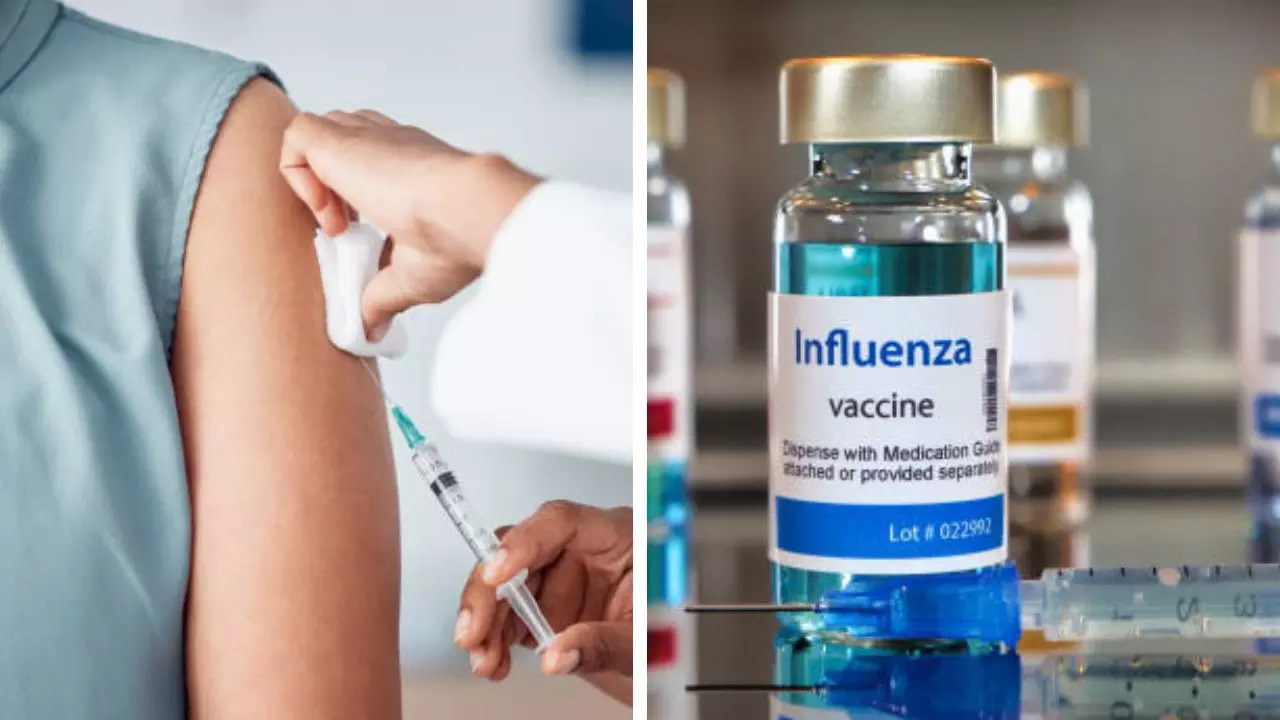Every year, scientists update the flu vaccine based on their estimates of which formula will be best against an ever-evolving virus.
The effectiveness of this year’s flu vaccine has been reported to be lower in South America than the previous one, according to the Centers for Disease Control and Prevention. The health agency is now getting clues about how much protection the vaccines would provide to people in the U.S. this year.
Annual vaccine success was 34.5 percent against hospitalization, according to provisional CDC estimates. Weekly Morbidity and Mortality Reportamong high-risk groups such as young children, people with underlying health conditions and older adults. This means that vaccinated people in these two groups were less likely than unvaccinated people to get sick enough to go to the hospital.
Last year, the CDC had estimated that the potency of the vaccine in South America was 51.9 percent against hospitalization among risk groups. According to studies, between 2013 and 2017 the estimated effectiveness was around 43 percent for fully vaccinated young children and 41 percent for older adults.
Each year, scientists update the flu vaccine based on their estimates of which formula will be adequate against an ever-evolving virus.
Data was consolidated from South American countries, including Argentina, Brazil, Chile, Paraguay and Uruguay.
Why has the effectiveness of the flu vaccine decreased??
Experts say the drop in vaccine potency could be because there are fewer cases of A(H1N1) pdm09, a strain that has spread since the H1N1 swine flu pandemic in 2009. In the past, vaccines against flu have generally worked better against H1N1 than H3N2.
According to the World Health Organization, this year there were many diagnoses of H3N2 flu subtypes compared to the usual H1N1 strain that dominates the region. However, experts say that if there are similar patterns of the strain in the northern hemisphere, authorities can anticipate similar levels of protection.
The CDC says the effectiveness of the H1N1 vaccine has been within the range of previous seasons. “Overall, the flu vaccine reduced the risk of hospitalization by approximately one-third, which would have a significant impact on the burden of disease. Receiving a flu vaccine may offer significant protection against serious outcomes,” cited CBS News. to David Daigle, CDC spokesman.
Countries in the Southern Hemisphere experience their flu season earlier than the Northern Hemisphere, which provides a glimpse into the next flu season, although it does not fully predict what may happen in each individual country.
Disclaimer:
The information contained in this post is for general information purposes only. We make no representations or warranties of any kind, express or implied, about the completeness, accuracy, reliability, suitability or availability with respect to the website or the information, products, services, or related graphics contained on the post for any purpose.
We respect the intellectual property rights of content creators. If you are the owner of any material featured on our website and have concerns about its use, please contact us. We are committed to addressing any copyright issues promptly and will remove any material within 2 days of receiving a request from the rightful owner.

